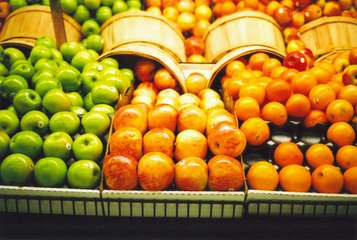Bright Lights, Big Ideas

Here’s one way in which all that talk about big-city glamor may be backed up by fact. Statistically, large cities yield a far higher number of patents and inventions than towns or suburbs. At first glance, there may seem to be an obvious reason: a higher headcount means a higher total output. Surely, the two would increase proportionally. However, according to theoretical physicist Geoffrey West, the truth is more complicated—and more interesting. According to Steven Johnson in Where Good Ideas Come From , West’s research showed “the average resident of a metropolis with a population of five million people was almost three times more creative than the average resident of a town of a hundred thousand.” In other words, it wasn’t just an overall rise in creativity, but a rise among individuals as well. So, what’s going on? Researchers from MIT Media Laboratory’s Human Dynamics Lab think they know the answer. Their work indicates that greater population density leads to higher rates...

